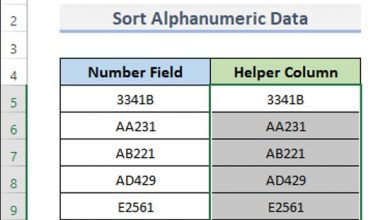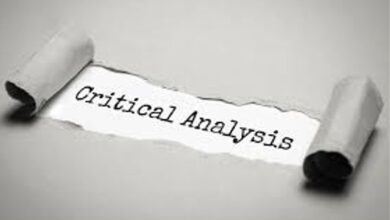What is participant observation/Criticism/usages/importance/5 Tips
What is participant observation?
In general, participant observation is a type of data collection instrument , in which the researcher participates in the daily activities of a group of people.
The objective, in this case, is precisely to observe customs, rituals and habits. It is often said that this type of observation is intended to observe with the eyes of the participating people .
This also means that participant observation is a data collection technique for qualitative research . In other words, it is the appropriate method for research that aims to better understand a specific social reality.
Unlike basically theoretical research, this method is empirical. In other words, it is required that the researcher really experience people’s reality and be able to describe the conclusions objectively.
After all, the researcher must necessarily get involved in the relevant activities of the group he is studying and, from that, observe the relationships, activities and environments in which they take place.
So, for example, a research that aims to analyze the performance of police professionals in a specific socioeconomically vulnerable community. In this case, the researcher must constantly remain in that community ( participating in the routines of these people ) to be able to observe how the police behave with the people who live there.
Criticism of participant observation
As a consequence of the proximity that is required between the researcher and the participants, a very strong criticism of this instrument is to bring the subjectivity of the researcher to the research.
That is, the main advantage of participant observation is also its main limitation: which is the subjectivity of this process. Since it is impossible for the research person to concentrate on everything that happens. Observation is itself a restricted selection of reality.
In this context, it is quite possible for the researcher to engage with participants and present conclusions regarding their affections and discomforts.
How much is participant observation used?
Participant observation is used mainly when the question of the research problem comes from the participants’ point of view. In other words: the question of the work must be answered through the lens of analysis of the group that is being observed.
Furthermore, it is a very relevant technique when an external observation (or non-participant observation) or an interview is not sufficient to present relevant conclusions.
This is because, although they also have qualitative results, these two other techniques start from a distance between the researcher and the participants. Quite different from what needs to happen in participant observation.
What is the importance of participant observation?
Participant observation is an extremely useful qualitative research method in Sociology and Anthropology. However, it has expanded to other areas within the Human Sciences.
In the process of participant observation, the researcher obtains information from the interaction with his object of study. Based on the observations he makes of this interaction – which normally involves the relationship between people – he must note all possible aspects to better understand the phenomena.
This makes this type of technique extremely relevant for understanding phenomena and relationships that cannot be concluded by mere interview or external analysis. In fact, some conclusions can only be reached with a certain proximity.
In other words, it’s one of the only data collection techniques that comes closer to seeing through the lens of the person being researched. This makes the conclusions deeper and more detailed.
5 Tips on how to do participant observation
Here are 5 tips for doing good participant observation:
1. Write down absolutely everything that is relevant to the research
Well then. First, you must take notes of your observations extremely seriously. That means having a notebook and a field diary.
The notebook is what you should take to the search field. In this notebook, you should briefly write down absolutely everything you understand relevant to your work.
The field diary is the place where the notebook notes will be more in-depth. When you get home (or, at the most, the next day), you should write down in more detail what happened that day and what you observed.
At this point, it is relevant to consider 4 points:
a) Don’t wait to take notes. Do it soon. On the same day or, at the most, the next day. Don’t assume that your memory will take care of everything.
b) Remember the scenes you observed from 3D: with details, with density and with eyes from the inside.
c) List all important topics, as a sort of summary
d) Remember that describing is not interpreting. Therefore, the notes must have two types: i) descriptive, in which a portrait of what happened and what was seen is made; ii) interpretive, in which one seeks to understand and make sense of what happened. Don’t confuse the two types.
2. Actively participate in group activities
Well, that’s the main purpose of this kind of observation. You should already know that you need to participate in all important and routine activities: parties, celebrations, routine inside the house, work, school, in short.
3. Master the group’s internal knowledge
This point is a consequence of the interior point. By participating in group activities, you are likely to develop knowledge about the language, about slang, about codes important to the group.
4. Share pivotal moments
These crucial moments will depend on the theme and object of research. But, for example, in a work that aims to analyze the right to housing, it is essential to be present in moments of occupation of spaces and in moments when the police arrive to carry out evictions.
5. Minimize, as far as possible, your subjectivity
It is very common for the researcher to become involved with the field of research. This cannot make him bring total subjectivity to his scientific analyses.
To avoid this situation, one must always keep in mind what the research problem and its theoretical frameworks are. In addition, all situations must be written down in a descriptive way. After all, it is possible that your memory provides you with valuable details. It is better not to rely on this feature alone.

